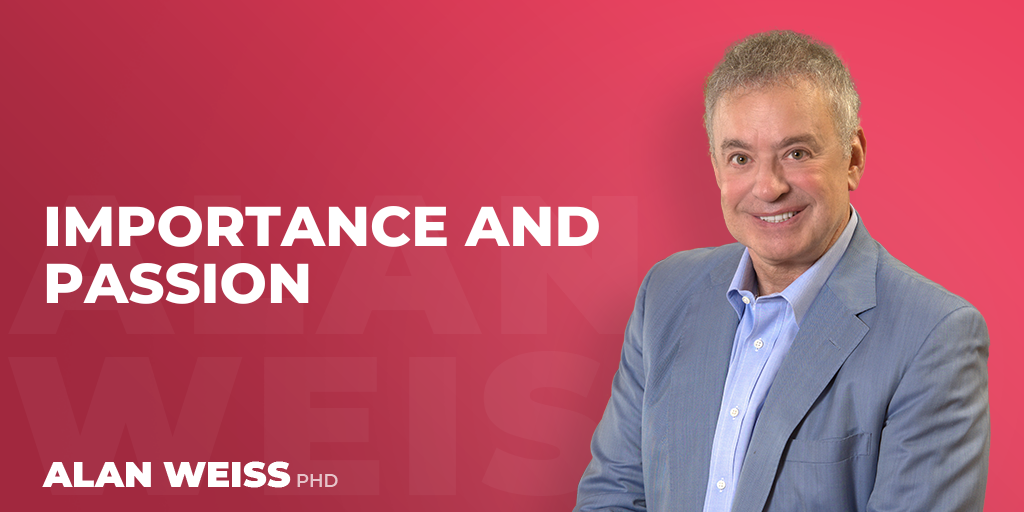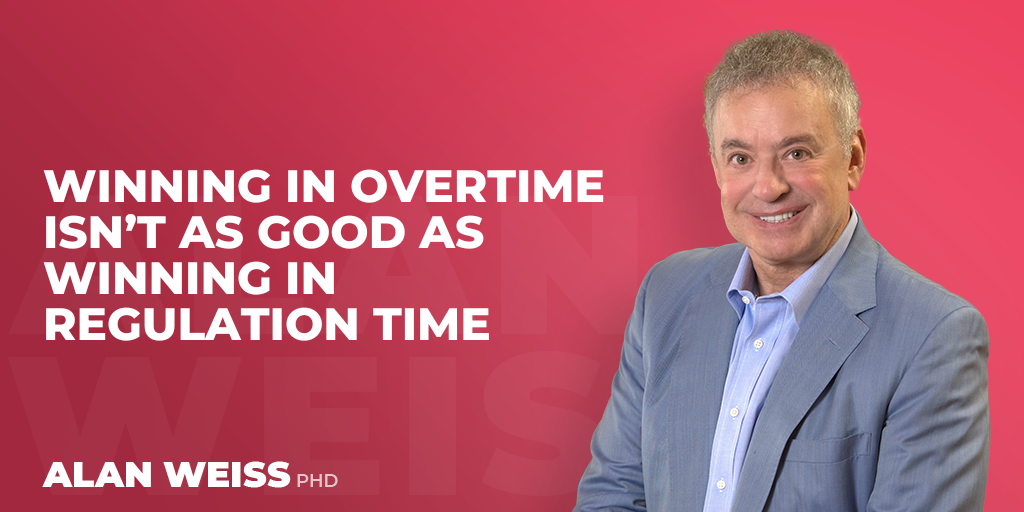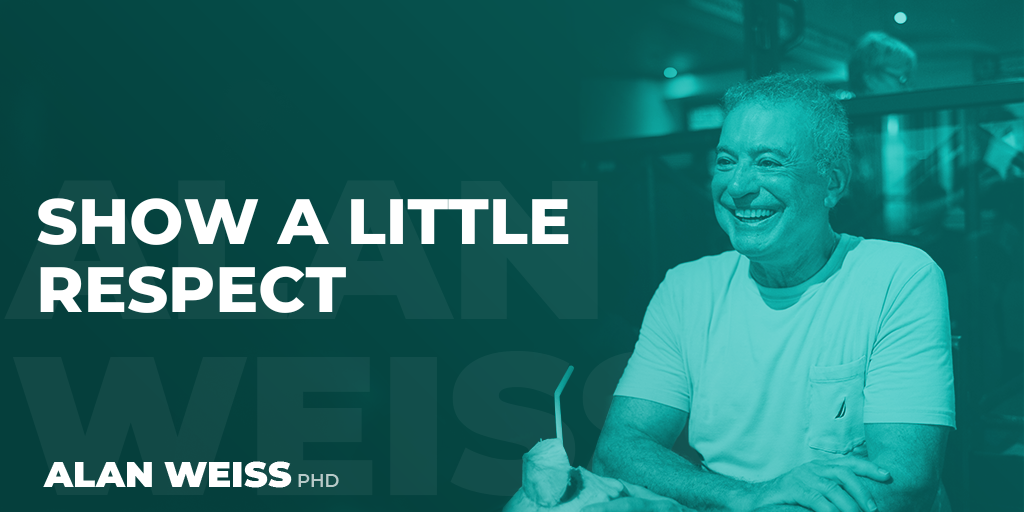Tribalism Versus Community
I detest the use of “tribes” to denote people of a certain common interest or pursuit. I’m sensitive to the fact that many people write about tribes as glorious constructs, most particularly Seth Godin, whose writing I respect and opinions I find provocative. Interestingly, one can’t comment on Seth’s blog about tribes or anything else, but you can comment here on my blog—where I talk about “communities.”
Those people killing each other in the Mideast more often than not belong to differing tribes, not differing communities. The may share common politics, values, and beliefs, but their tribal origins trump all of that agreement. They are linked by social, religious, or kinship affiliations, and have traditional enemies about whom they tend to be highly impassioned.
Tribes are homogenous, communities are heterogeneous.
Tribes are exclusionary. They recognize their own members’ similarities and common background, and tend to take captives or slaves, generally seeing others as enemies at worst and inferiors at best. A famous experiment with devoted Starbucks users and Dunkin’ Donuts users found that no one in either group would agree to switch brands or environment—they were true tribes, derogatory and condescending about the other. (“I felt I was intruding in someone’s fancy living room in Starbucks.” “Do you realize that in Dunkin’ Donuts you can’t get soy milk in your latté?”)
Communities are inclusionary. The are characterized by common attitudes, interests, and goals. Religion, beliefs, kinship, and opinions can differ starkly in communities and, in fact, give them vibrancy and dynamism, allowing for continued experimentation and growth. They do not hold long-term animosities against other communities, and those within them shift in opinion and allegiance as time goes by and learning occurs.
Tribes typically have recognized leaders, often ancestral and inherited. Communities can have many leaders and most are based on perceived merit and intellect. My observation is that tribes tend to be insecure, mistrustful of non-tribal relationships, and highly threatened by perceived attacks on their beliefs and behaviors.
Communities are much more elastic, since it’s almost impossible to insult everyone at once due to the eclectic nature of the community. They will embrace outsiders and interact with other communities readily.
There is a community of Apple users. There is a community on Facebook. Those attending a British soccer game rooting for the home team are a tribe. There is a European Economic Community.
I create professional communities that take the form of meetings, online Forums, newsletters, growth circles, videos, and so forth, real and virtual. Very diverse, global members are united around a goal of providing greater value for clients in return for fees commensurate with that value, which in turn will lead to enhanced lifestyles and the freedom to create still more value. We welcome anyone who believes in that philosophy.
But I don’t create tribes, nor do I find them effective. The only chief I ever wanted to be was a fire chief, but my grandmother told me to forget about that and get myself into college.
It proved to be good advice, and I found there a great community. (Not that there’s anything wrong with being a fire chief!)
© Alan Weiss 2012. All rights reserved.







Joe Tatulli
Alan, I enjoyed this piece, thank you for sharing and educating me on professional communities and how I could be a more effective leader within them. I enjoy when you use words that I have to look up the meaning of. I want to learn more about the differences between the real and virtual communities you architect; and question if both types work within the same organization and can they work in concert with each other? Is there a self test I could take, to assure me if I work within a tribe or a community?
Alan Weiss
I don’t know about a self-test! But why not apply the criteria I wrote about?
Joe Tatulli
I did, ‘tribe’! I have a goal ‘community’!
Bob Ligget
I absolutely agree. While tribes are based on shared identity that includes the factors you mentioned, the effect is that insiders who stray from the party line are often intimidated and excluded, and outsiders are viewed as competitors and by definition not permitted to join. My academic training is in cultural anthropology and I cringe when I read terms and concepts being misappropriated in this way. It gets better (or worse) as we see the powerful sense of unity and protectiveness that lends itself to ethnocentrism and consequent prejudice against historical common enemies. You point out the Middle East conflicts in this regard, and frankly I’ve felt a little tribal disdain from Mac users! No violence yet, just a Starbucks sense of technological, if not moral superiority.
Alan Weiss
Thanks, great comments. I heard a featured speaker in the UK actually spend an hour, with lights and video, trying to convince people that the world would be better off if we followed the paths of African tribes. The other keynote speaker and I stared at each other in disbelief, and concluded this is a manifestation of a poverty mentality, not an abundance mentality.
Jason Burke
Very interesting thoughts. I follow Seth’s writing also, and I’ve often found it ironic that his personal blog doesn’t allow comments. He definitely has some good advice for those selling commoditized products or services – you need to differentiate and his methods will get you there.
In the end, I probably only agree with half of his approach. However, this is why I keep following him. If I agree with it, I’ve probably read or used somewhere else anyway; I don’t need to read Seth’s stuff to find out things I already knew.
On the point of tribes being exclusionary, you’re right on the mark – that is exactly what someone like Seth would have you be. Just look at the age-old Coke/Pepsi, Ford/Chevy, or any sports rivalries and you can see the value to a marketer of your customers feeling better than the other guy.
Naturally, however, this doesn’t work as well for a consultant, whose methods and focus will depend on the client (and the fact that some clients’ attitudes change with the wind). We surely would love it if someone took our tools and used them without modification after we had gone, but we would know that if that actually happened, we wouldn’t have done our jobs properly. We teach others how to challenge their own environments and look for new ways of doing things. You don’t get that from being tribal.
Alan Weiss
Thanks, Jason. I don’t think we need to agree with everything everyone says, but to extract what works for us. But I do think if you’re in the public view, a dialogue is important, not merely a monologue.
James Horton
Very interesting. I hadn’t thought about the implications of the “Tribes” mentality.
I built and ran for a few years a social community based around a niche market of fans, while outsiders might have thought it a tribe, we always considered it a community.
We had a code of ethics that was enforced, standards and social mores some of which developed over time. The end of the day though, anyone was welcome, there was no exclusionary attitude allowed, which would draw the line between a community and a tribe.
If you look at tribes in this light and say Pepsi Tribe vs Coke Tribe – the competitor is to be hated and vilified. That would seem to be the marketing/social line between a tribe and a community. A tribe is rabid in their loyalty to the product, a community is a strong supporter with a more open mind.
We still accomplish the main goal – influencing and communicating a message.
I also agree that social media should be a two way dialogue and a chance to engage with your consumers/clients/fans. The age of the one way speaker is closing.
Alan Weiss
Thanks, I agree about the vilification potential, and the key aspect is that anyone is welcome. The US is a large community, the Japanese represent more of a tribe to me.
Tony Kubica
Alan, I agree and unfortunately see tribalism play out in healthcare and education to name just two. Tribalism in healthcare prevents the rapid expansion of integrated care and alternative care concepts – getting better but clearly not there yet. In education (witness the recent events in Chicago) the polemics between and among teachers, school committees (or similar political bodies) and administration leads to protecting turf. Much more progress will occur in both healthcare and education if and when tribalism is replaced by community.
Alan Weiss
I hadn’t looked at it that way. I think you’re absolutely right. There is no “educational community,” but rather school boards, unions, students, parents. The PTA was the old fashioned attempt at community.
Peter McLean
Interestingly, I think it was more than 30 years ago that an educational researcher and writer created the ‘Tribes’ concept for school-based education, which she now labels “Tribes Learning Community” (perhaps Seth Godin picked it up from her?). It is an effort at promoting collaboration, etc. etc. in school classrooms and is actively taught around the world.
Alan Weiss
And we all know how well classroom education is working out….
Peter McLean
I think the same of a lot Seth’s ideas … I’ve never been attracted to any of the various Tribes concepts (actually, being ‘repelled’ is more accurate) – smacks too much of labelling and a fad description for something that either should be common sense or should be discarded. Why reduce something to primitivism that should instead be opportuning our higher intellectual, social and spiritual functioning?
Alan Weiss
As I said, he’s a bright guy. But the tribes think is a poor analogy.
Joe Tatulli
What do you think of this quote… “building forts is just like building communities” from Hillary Salmons, Executive Director of Edutopia?
Joe Tatulli
I would like to add please… when I think of fort, it sounds tribal. This is becoming a provacative conversation I am enjoying now that I have read Peter McLean’s reply.
Alan Weiss
I don’t know the context, but forts keep people out, don’t they? Forts are exclusively a defensive mechanism. Doesn’t sound like much of a community to me, unless you consider prison a “community.”
Eric Fetterolf
It really is fairly simple. Those comfortable with “different” form communities. Those uncomfortable with “different” form tribes.
The problem is, everyone is different is some fashion. So tribes get smaller and smaller. Communities get bigger and bigger.
So you have to ask yourself, do you want to grow? Then be in a social structure that will also grow.
Thanks for the post Alan.
Alan Weiss
That’s a good point. The insulation and isolation of tribes also encourages eventual extinction.
Chris Lambrecht
Seth Godin is a very bright guy, as is Alan, and they have totally different styles. Seth defines his use of the word “Tribe”, and I personally don’t have a problem with it, but also agree that “community” is closer to what he may be talking about, but not exactly. Both men have “followings” and are willing to share their insights and knowledge unselfishly. Both have a “code of conduct” that they following and therefore are very reliable and trustworthy. Also, both really don’t care what many people “think” of them or their work because experience has taught them otherwise. Not only are both “thought leaders”, but display other great leadership skills in how they do what they do. The world is a better place with men like these.
Alan Weiss
That is exceedingly generous, and I’ll try to live up to it. Seth’s is good company to be in.
Sara J.
Well, I have to disagree. I think you’re using the idea that tribes are savages because you see those in the Middle East as being different from yourself. Tribes are highly organized. The Iroquois tribe, for instance, was a democratic republic, much like our own system of government. The Cherokee was decentralized, and involved more localized solutions in what we call “town hall” styles. It’s a highly participatory form. Those are, granted, two examples that aren’t from the Middle East, but civilization was as highly evolved, if not higher than that of Europe, in it’s infancies as a nation. Yet, tribes here were “savages.”
To counter your ideas, slightly, Afghanistan was likely moving toward a transition into parliament, had Russia not invaded it, allowing for Taliban to quickly grasp the reigns. And Egypt, definitely not a tribe, was known for it’s succession of pharoahs as surely as the succession of kings and queens in England. The fact that you don’t attribute the murderous treatment of other civilizations – sometimes to the point of near extinctions – speaks wonder to the fallacy that “Religion, beliefs, kinship, and opinions can differ starkly in communities and, in fact, give them vibrancy and dynamism, allowing for continued experimentation and growth.” Were those differences to give vibrancy, the community would not seek to eliminate others because they are different – quite a common occurence in supposed “communities” through out history.
Or, perhaps, you would define the history of England as a series of Tribes? Certainly they had their beginning, why say that because one tribe won out, and conquerered the most land or people that they have now become a community? Or would you say that the community of England was nothing but a tribe? Perhaps still is, though cleverly disguised? As could the states?
I think, too, that you’re implying that the word tribe is to be used to denote someone less – inferior. Which is quite the standard way those who are trying to be exclusive, though you attribute that to being community minded.
Given what I know – I think you have it backward.
Alan Weiss
Thanks for writing, but your point is lost on me. You bring in examples from all over the place, not exactly relevant or germane. What does England’s history have to do with my point? I never used the word “savages.” And your conjecture about such things as Afghanistan moving toward parliamentary democracy if it weren’t for the Russians is, excuse me, absurd.
My point is simple: Tribes are exclusionary, communities are inclusive. And you’re right: Yours are NOT middle east examples.
If it weren’t for African tribalism and warfare, the slave trade wouldn’t have existed, because slave traders could not invade the interior. They had to have the cooperation of tribal chiefs delivering captured slaves (and sometimes their own, unwanted people) to ports of departure.
I also never said tribes are “disorganized.” They are highly organized, to maintain their own systems and shut out external people.
You can’t invent arguments and words, attribute them to me, and then refute them.! (Well, I guess you can, but you seem like Obama in the first debate.) Your arguments are typical sophistry. Just because you can find exceptions, you think my point is wrong. Some communities have discriminated. Sure. But you’re much more likely to obtain inclusion in a community than a tribe. Tribes have totems and rites and rituals that one must adhere to. Communities generally do not.
When you have to paint with such a broad brush to try to find exceptions to prove I’m wrong, you’re merely proving I’m right.
sebastian
While I appreciate the specifics that shows the awareness of you work with groups of people I don’t share the negative emotions on the tribe word.
You are describing here a particular kind of tribe, one that seems to be very close minded or semi-fanatic. Tribes like that certainly exists but that isn’t a license to semantic abuse.
Tribes are an emergent phenomenon of the social “software” in our brains. Put three people in a room for enough time and you’ll have a new tribe.
But that’s only my opinion biased to anthropology and evolutionary psychology.
Alan Weiss
Only anthropology and evolutionary psychology? What, no nuclear physics or botany?
You’re entitled to your opinion, but tribes being emergent based on software in our brains sounds like Ray Bradbury, despite all your claims of scientific reading. (He was a science fiction writer, FYI.) I can guarantee you I wouldn’t be in a tribe with two other people in a room. Perhaps I’m brainless, or pre-emergent.